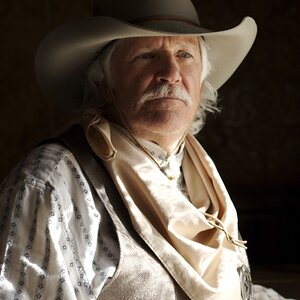Derrel
Mr. Rain Cloud
- Joined
- Jul 23, 2009
- Messages
- 48,225
- Reaction score
- 18,941
- Location
- USA
- Website
- www.pbase.com
- Can others edit my Photos
- Photos OK to edit
B&W woerks on certain types of images, better than on other types of images. The choice to go B&W depends on many factors. Shots that utilize lines, shapes, masses, texture, repetition, and so on are often very good in B&W.
To some people, B&W in the digitial era seems "forced", since cameras for the most part shoot in full color. Others are more open in their thinking. When to go to B&W depends on the shooter.
To some people, B&W in the digitial era seems "forced", since cameras for the most part shoot in full color. Others are more open in their thinking. When to go to B&W depends on the shooter.


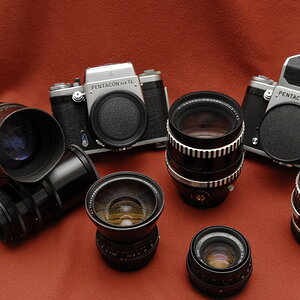
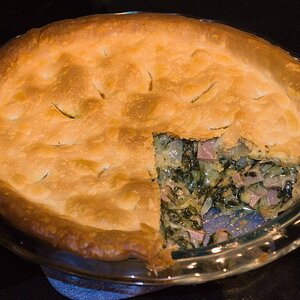
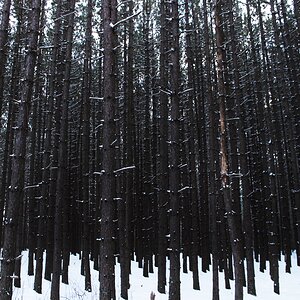
![[No title]](/data/xfmg/thumbnail/32/32930-09414fc020c2a60a456ff59a05c5ef8f.jpg?1619735759)
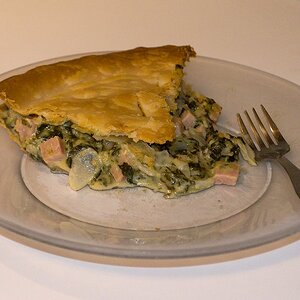

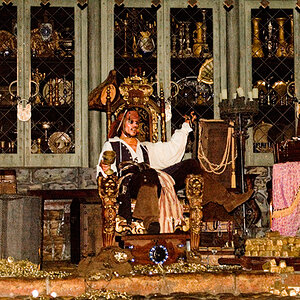
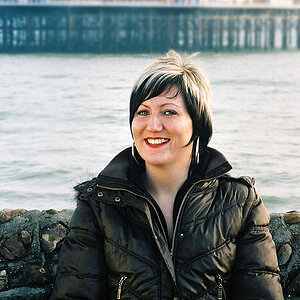
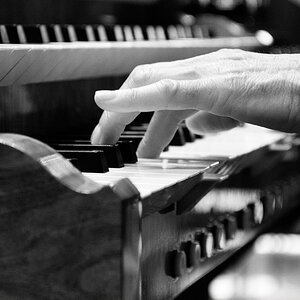
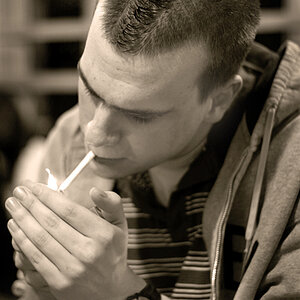
![[No title]](/data/xfmg/thumbnail/32/32953-da4fe78e854d5dbe210d58591ccf42d4.jpg?1619735787)
